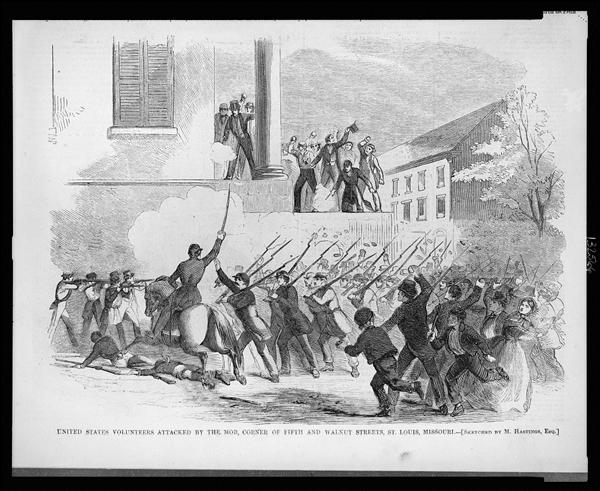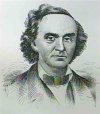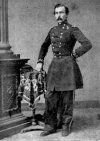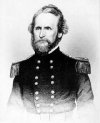


Governor Claiborne Fox Jackson continued to prepare for what he considered to be inevitable, Missouri voting to secede from the Union. Jackson ordered the State Militia to report for training to camps established within their districts. One of these camps was named Camp Jackson and was setup by Brigadier-General Daniel Frost on the western edge of St. Louis at Lindell's Grove on May 6th. Lyon and Blair had no doubt that the almost 900 militiamen located at Camp Jackson intended to take control of the St. Louis Arsenal. Two days later, the arms that Jefferson Davis had made available for shipment to Missouri arrived in St. Louis on the steamer, J. C. Swan. These arms were moved into Camp Jackson. Captain Nathaniel Lyon decided he needed to act and immediately began preparations to move against Camp Jackson. [15]


On May 10th, four days after Frost established Camp Jackson, Captain Nathaniel Lyon led his 6,500 troops and artillery in four columns along four different routes and surrounded Camp Jackson. Under a flag of truce, Lyon sent in a demand for the immediate surrender of the forces in Camp Jackson. Brigadier-General Frost was in a defenseless position and was forced to surrender. Lyon made prisoners of 689 out of the 891 State militia. The other 202 in camp had managed to escape. In addition to the prisoners, The Federals also captured “three 32-pounder guns, one mortar, three mortar beds, and a large supply of shot and shells . . . 1,200 rifle muskets of United States manufacture, late model, .58 caliber; 6 field pieces, brass; 25 kegs of powder.” Lyon decided to march the prisoners back through town to the St. Louis Arsenal. A crowd of civilians on hand became incensed and began to scream and throw rocks at the German-American volunteers. Shots were fired which led to the deaths of 28 civilians and one of the Federals. All the prisoners were paroled on May 11th, except Captain Emmett MacDonald who refused to be paroled. This series of events became known as the “Camp Jackson Affair.” [16]